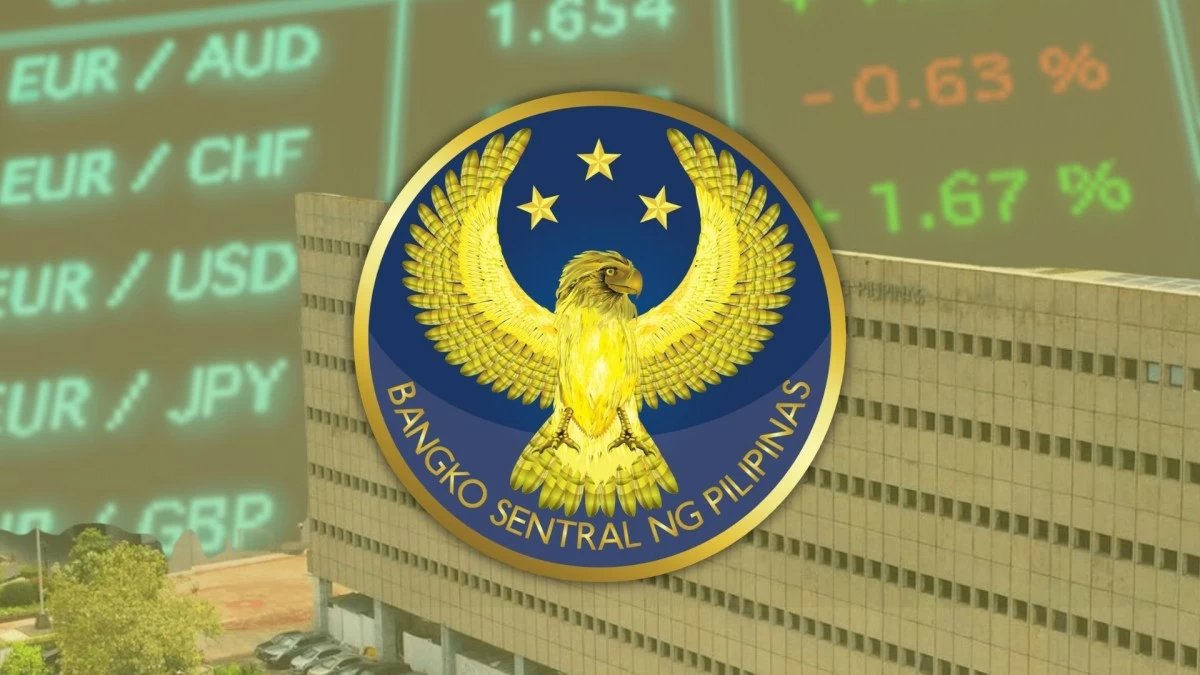Net inflows of brick-and-mortar foreign direct investment (FDI) into the Philippines fell to $498 million in March, the lowest in three months, as heightened political instability and lingering United States (US) tariff-led uncertainty eroded investor confidence.
Amid political 'instability,' foreign direct investments drop to three-month low in March
By Derco Rosal
At A Glance
- Net inflows of brick-and-mortar foreign direct investment (FDI) into the Philippines fell to $498 million in March, the lowest in three months, as heightened political instability and lingering US tariff-led uncertainty eroded investor confidence.

Net FDI inflows amounted to $498 million in March, declining by 27.8 percent from $689 million in the same month last year, according to the latest data from the Bangko Sentral ng Pilipinas (BSP).
It showed that FDI net inflows in March were the lowest since December last year, when they reached only $110 million.
As observed, the total value in March continued the year-to-date downward trend. The March figure dropped by 5.9 percent from February’s $529 million, which had already declined by 27.6 percent from January’s $731 million.
The BSP said in a statement released on Tuesday, June 10, that the decline seen at the end of the first quarter was mainly due to the “lower net inflows across all major FDI components.”
Nonresidents’ net investments in debt instruments dropped by 31.6 percent year-on-year to $329 million in March, down from $481 million a year earlier.
Also, nonresidents’ net investments in equity capital (excluding reinvested earnings) declined by 27.4 percent to $102 million from $141 million, while reinvestment of earnings slipped by 1.2 percent to $66 million from $67 million.
The top five primary sources of equity capital placements during the month were Singapore (25 percent), Japan (24 percent), the US (20 percent), South Korea (nine percent), and Malaysia (five percent).
Most of these investments went towards industries including real estate (37 percent), manufacturing (33 percent), financial and insurance (nine percent), and administrative and support services (seven percent).
FDI net inflows for the first three months also declined by 41.1 percent to $1.8 billion from the $3 billion recorded in the same period a year ago.
FDI refers to cross-border investments where a nonresident investor owns at least 10-percent equity in a local enterprise, and may take the form of equity capital, reinvested earnings, or intercompany borrowings.
The Philippines is eyeing to attract $10 billion in FDI this year, higher than last year’s $8.93 billion.
John Paolo Rivera, senior research fellow at state-run policy think tank Philippine Institute for Development Studies (PIDS), said the continued decline in FDI net inflows could be attributed to both foreign and domestic developments.
Rizal Commercial Banking Corp. (RCBC) chief economist Michael Ricafort also said local political noise was a factor.
“While global trade headwinds such as the US tariff actions weigh on investor confidence broadly, domestic political noise adds another layer of uncertainty that can significantly affect foreign investor sentiment,” Rivera said.
Rivera noted that political instability, which he referred to as leadership transitions, “especially when accompanied by talks of reshuffles, shifts in policy direction, or governance issues may raise concerns about policy continuity, regulatory risks, and the overall business environment.”
“Even the perception of instability or unpredictability can prompt investors to adopt a wait-and-see stance, delaying or even diverting capital elsewhere in the region,” he argued.
He added that political noise can raise the risk premium investors place on the country, especially when compared to neighboring Association of Southeast Asian Nations (ASEAN) economies seen as “more stable or consistent in policy implementation.”
As such, Rivera said political noise should be managed “carefully to ensure investor confidence is maintained amid already challenging global conditions.”